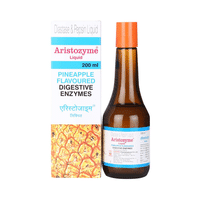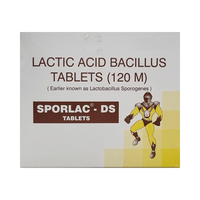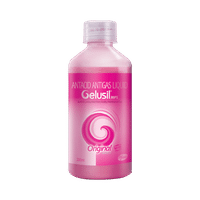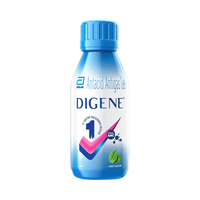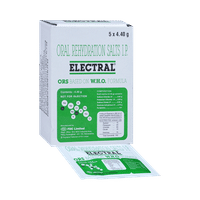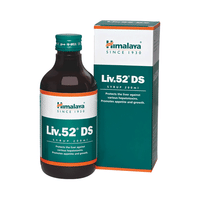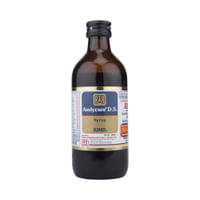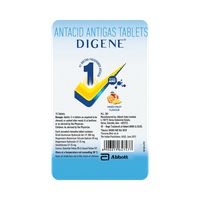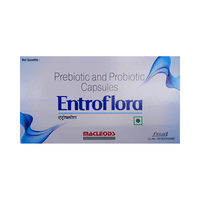food interaction for Cisade Tablet
alcohol interaction for Cisade Tablet
pregnancy interaction for Cisade Tablet
lactation interaction for Cisade Tablet
food
alcohol
pregnancy
lactation
Cisade 10mg Tablet is to be taken on an empty stomach.
None
None
CAUTION
Do not drink alcohol while you are taking this medicine. Cisade 10mg Tablet may cause excessive drowsiness when taken with alcohol.
UNSAFE
The safety of Cisade 10mg Tablet during pregnancy has not been established. There are no adequate and well-controlled studies in pregnant women, and animal data on reproductive toxicity are insufficient. Your doctor will weigh the benefits and any potential risks before prescribing.
CONSULT YOUR DOCTOR
Information regarding the use of Cisade 10mg Tablet during breastfeeding is not available. Please consult your doctor.
CONSULT YOUR DOCTOR
SALT INFORMATION FOR Cisade 10mg Tablet
Cisapride(10mg)
Cisade tablet uses
{med_name} is used in the treatment of heartburn, irritable bowel syndrome, indigestion, constipation and gastroesophageal reflux disease (acid reflux).
How cisade tablet works
Cisade 10mg Tablet indirectly stimulates the release of acetylcholine, a chemical messenger that can increase the motility of the intestine.
Common side effects of cisade tablet
Headache, Nausea, Diarrhea
SUBSTITUTES FOR Cisade Tablet
46 Substitutes
46 Substitutes
Sorted By
 Rs. 65.63pay 108% more per Tablet
Rs. 65.63pay 108% more per Tablet Rs. 9.96save 68% more per Tablet
Rs. 9.96save 68% more per Tablet Rs. 44.82pay 42% more per Tablet
Rs. 44.82pay 42% more per Tablet Rs. 31.64same price
Rs. 31.64same price Rs. 15.23save 52% more per Tablet
Rs. 15.23save 52% more per Tablet
Expert advice FOR Cisade Tablet
- It is usually taken around 15 minutes before food or bedtime.
- Do not skip any dose and finish the complete course even if you feel better.
- Use caution while driving or doing anything that requires concentration as Cisapride can cause dizziness and sleepiness.
- It may cause diarrhea. Drink plenty of fluids to avoid dehydration while taking this medicine.
- Avoid drinking alcohol while taking this medicine because it can make drowsiness worse.
Frequently asked questions FOR Cisade 10mg Tablet
Cisapride
Q. Why is Cisade 10mg Tablet banned?
This medicine is banned for sale because it may cause serious irregular heartbeats, which can lead to death.
Q. What was Cisade 10mg Tablet used for?
Before getting banned, this medicine was used to treat heartburn in patients with gastroesophageal reflux disease (GERD).
Q. What is gastroesophageal reflux disease or GERD?
Gastroesophageal reflux disease (GERD) is a condition in which the stomach's contents sometimes flow backward, up into the esophagus (the tube that carries food from your throat into your stomach). As a result, you may experience a burning sensation in your chest, pain in your chest, trouble swallowing, or a sore throat.














